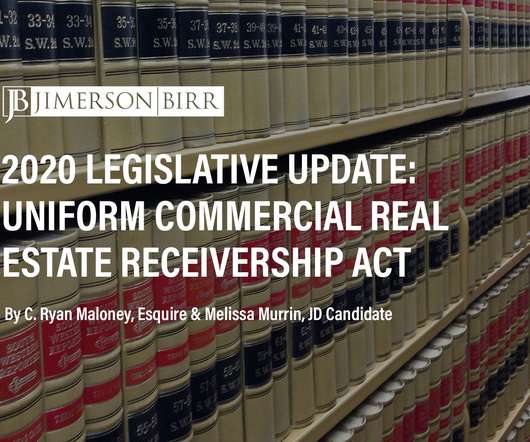Questions to Ask a Chapter 7 Bankruptcy Lawyer Before Filing for Bankruptcy
Sawin & Shea
MARCH 7, 2023
When you file for Chapter 7 bankruptcy, the Court will place an automatic stay upon filing, which stops creditors from collecting payments, garnishing wages, or repossessing property. They will then determine what, if any, non-exempt property they can seize and will use the proceeds from that property to repay a percentage to your creditors.












Let's personalize your content